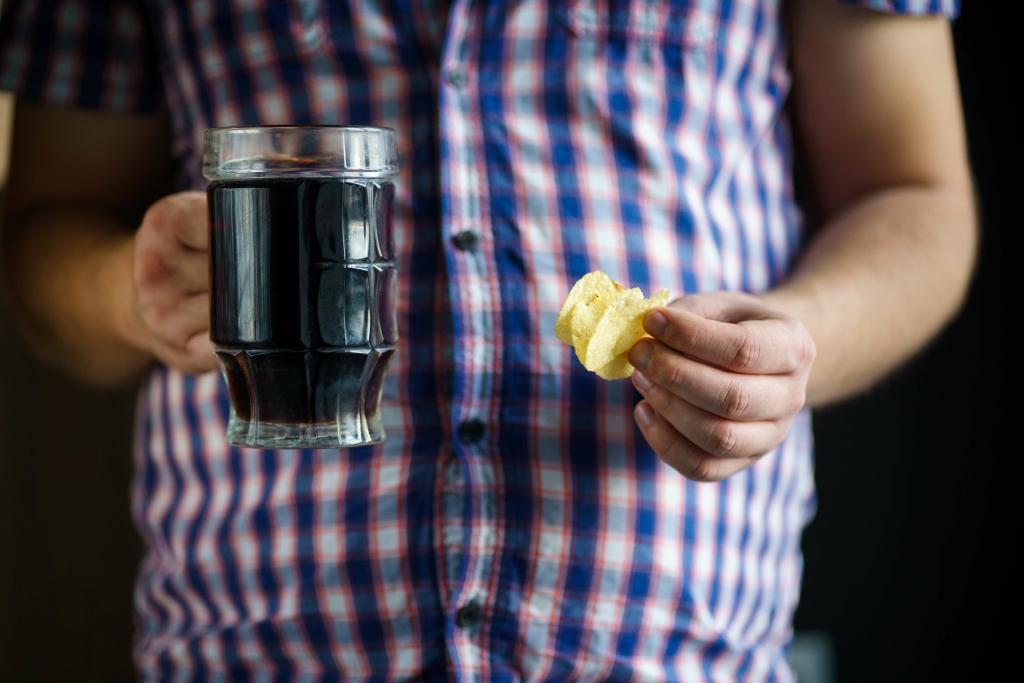They may know something about the person’s deepest aspirations and voice them as a reminder that can help the person remain on the road to recovery. And they can help plan healthy joint activities to ensure that there are good days. Only 1.0 percent of people receive substance abuse treatment as an inpatient or outpatient at a specialty facility. The single most popular path is the use of peer support groups in the community.
Graduating a drug treatment program, rather, is a new beginning. It is the moment you can truly start living your life addiction-free. After you graduate, find sober living homes in your area, move in with sober peers, and continue to work the 12-steps. While getting sober carries the prospect of a fresh start, another chance, it is not easy.
Addiction Recovery Support Groups
Perhaps the most important step you can take following your recovery from addiction is to figure out what your goals are in life and to set about following those goals. This is especially important if you became an addict when you were in your teens, when you may not have already worked out the goals for your future. The future is a blank slate, and it is up to you to decide what you want to be, do and have in life, but you have to make that decision and carry it out. Drugs and alcohol can have many lasting physical side effects that may take months or even years to resolve. One of the best things you can do to encourage the healing process is to take care of your body and your physical health.
Family involvement can make a big difference in your recovery journey. Having a support system can make it easier to stick to your goals. Knowing that you get to maintain relationships with your loved ones can be a helpful motivator. Establishing new routines during recovery – especially during early recovery – helps ensure success.
Why Create a Personal Recovery Plan?
Building a fulfilling life beyond addiction requires commitment, patience, and a willingness to embrace change. By focusing on transformative lifestyle improvements and adopting strategies that promote overall well-being, individuals in recovery can navigate the path to a more prosperous, more satisfying life. A fulfilling life is directed towards meaningful goals and pursuits. Take time to discover or rediscover what you are passionate about and set short-term and long-term goals related to these interests.
- The risk of adverse events increases drastically as development progresses, yet the Obama administration disregarded science in the name of leftist ideology.
- Recovery stories are important because people need choices that work for them, he urges.
- Even though these things happened during the addiction era, these actions had still caused people to become upset or have animosity.
- So, after establishing that you must avoid further drug use, what else is there left to do?
- In rehab, you will have gained an insight into how certain beliefs drive your compulsion to take substances.
- No amount of sentimentality is worth your sobriety, your health, and happiness in the years ahead.
- But cravings don’t last forever, and they tend to lessen in intensity over time.
Cravings are the intense desire for alcohol or drugs given formidable force by neural circuitry honed over time into single-minded pursuit of the outsize neurochemical reward such substances deliver. Cravings vary in duration and intensity, and they are typically triggered by people, places, paraphernalia, and passing thoughts in some way related to previous drug use. But cravings don’t last forever, and they tend to lessen in intensity over time.
Stay Connected
Understanding the shocking scale of this problem, along with its risk factors, is crucial for creating prevention and treatment programs that save lives. https://ecosoberhouse.com/ Setting boundaries is an important aspect of maintaining a work-life balance. But for people in recovery, it’s necessary to maintain work and sobriety.

Addiction is rooted in negative emotions and core beliefs rooted in childhood. In rehab, you will have gained an insight into how certain beliefs drive your compulsion to take substances. Addictive behavior happens when we are unhappy, so the trick is to learn to navigate those emotions and rebuilding your life after addiction use positive coping strategies. This is an overwhelming prospect as you may be further down the career path than your peers who may have more successful relationships. The withdrawal symptoms seen in situations of drug and alcohol addiction may manifest in situations of sugar dependence.
Consider family therapy
And rebuilding a life after addiction – then learning how to navigate that life – can be even more intimidating for those new to recovery. It requires a person to yield changes, to set goals, and to make a commitment. People struggling with substance use disorders often benefit from the structure and routine offered by rehabs, especially when substance use is no longer a part of their daily lives. Rebuilding trust with family and friends after addiction is a crucial part of the recovery process.
- This can be especially true when it comes to repairing relationships.
- This will give you a sense of purpose and fulfillment outside of your addiction.
- At Turnbridge, we have team sports leagues, group outings, and other recreational programs that help our clients do just this.
- Tell them you’re the designated driver or that you’re focusing on your health.
- In the right drug treatment program, you will learn to replace your drug-using habits with healthy, engaging, and sober activities.